Whether the recently announced wave of high-tech layoffs will have any meaningful impact on the economy of Austin is a question on the minds of regional business leaders.
After years of enormous growth, a nationwide recession could weigh on future commercial and industrial construction.
Google, Amazon, IBM and Meta are four of the tech majors that, along with smaller recent start-ups Cart.com and BigCommerce, have announced significant layoffs over the past few weeks that total in the tens of thousands.
The good news, so far, is that, according to the December jobs numbers report released by the Texas Workforce Commission (TWC), the area’s unemployment rate of 2.7 per cent is lower than the rest of the state and the country.
Matt Patton, executive vice-president of Angelou Economics, told local media despite the national headlines, Austin’s business diversity will likely minimize the overall layoff numbers.
He may be right. Although the area’s largest employers lean towards technology, a wide spectrum of companies have contributed to a 40 per cent increase in manufacturing, as measured in square footage.
Furthermore, despite the 12,000 nationwide layoffs announced by its parent-company Alphabet, Google does not rank in the top 30 of Austin-area employers. However, Amazon, IBM, Apple and Tesla all rank in the top dozen, each with over 5,000 employees.
Even so, regional tech layoff numbers remain low. For example, Apple has not yet announced layoffs for 2023.
In fact, Apple filed a trio of new filings in early January for an additional 19,000 square feet at its $1 billion campus in northwest Austin where construction began in 2019.
Apple’s latest filings with the Texas Department of Licensing and Regulation concern new four-storey and five storey structures to be completed by early 2025, plus a building renovation. That brings Apple’s total new construction commitment up to an estimated $240 million.
Meanwhile, Tesla continues to confound, with conflicting announcements regarding employment and construction investment in the Austin area.
Back in 2021 when Elon Musk outlined his plans for the company’s $10 billion Gigafactory, he estimated employment levels as high as 20,000. That target was later reduced to 12,000. But as of December 2022, employment had reached only 7,000.
Then this January, Tesla filed a series of plans with the TWC for a $717 million expansion of its electric vehicle factory and followed up with an additional filing for cell testing labs, a drive unit facility, cathode plant and die shop. It brings the total value of Tesla’s total proposed construction already announced this year to $776 million.
Similar construction investments resulting from the federal government’s CHIPS Act and Inflation Reduction Act promoting domestic semi-conductor manufacturing have some Texas observers predicting a further $60 billion in construction spending.
On a more cautionary note, the office vacancy rate in Austin continued an upward trend throughout 2022, hitting 15.5 per cent in November, a 140 basis point increase year-over-year, according to a December report from commercial real estate firm Partners. The availability rate, reflecting the volume of future move-outs, also increased from 18.9 per cent to 21.4 per cent.
Meta’s lease cancellation for 589,000 square feet in a new downtown office tower project doesn’t help. Yet commercial office development continues in the Austin area.
According to local news reports, Houston-based Morgan Group Inc. hopes to develop a large mixed-use project in The Domain, a high-density office, retail and residential center in northwest Austin that opened in 2007. The 300-acre Domain is a former IBM campus that has grown beyond its original boundaries to evolve as Austin’s second downtown.
The Morgan Group’s $70 million project, known as Pearl Burnet MF, would reportedly rise on a one-acre lot and comprise over 400,000 square feet, including 345 residential units.
Austin developer Stonelake Capital Partners LLC has also proposed two multi-family towers in the Domain South area, plus a large mixed-use development called Colorado Bend in Southeast Austin.
Roland Peña, senior VP of global technology and innovation with the Greater Austin Chamber of Commerce and Opportunity Austin, believes what attracted companies to the city originally is still in place today, and will enable Austin to retain those employers.
However, Texas in general and Austin in particular will not be able to completely escape the reset occurring within the commercial and industrial sectors across the country, as prominent real estate investors begin to reduce their exposure in anticipation of valuation drops.


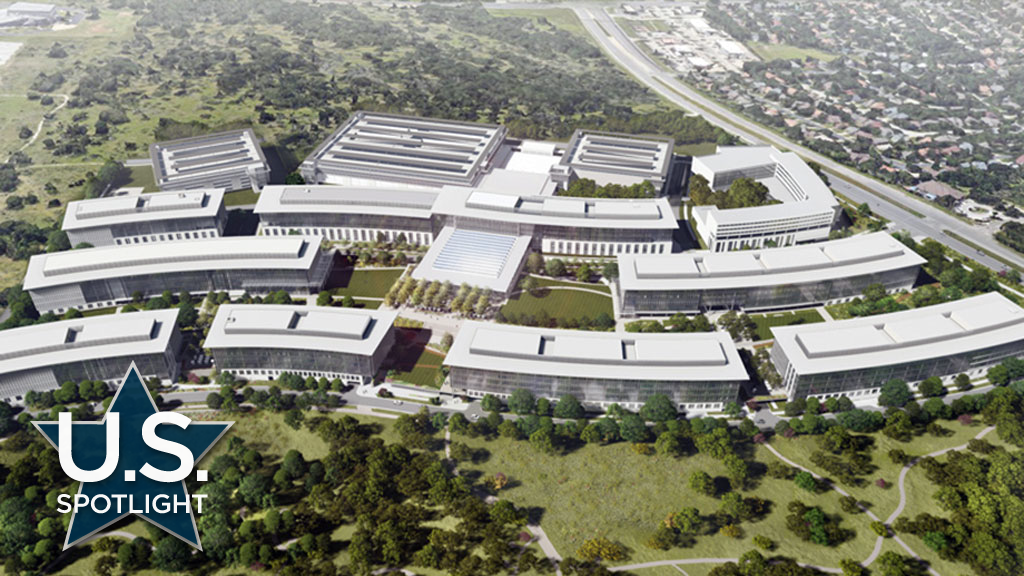
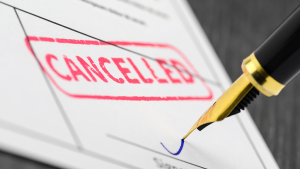

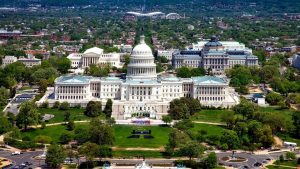
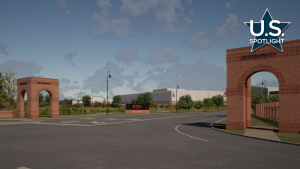



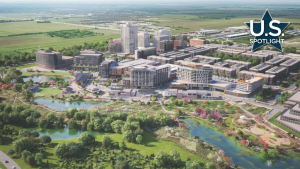
Recent Comments
comments for this post are closed